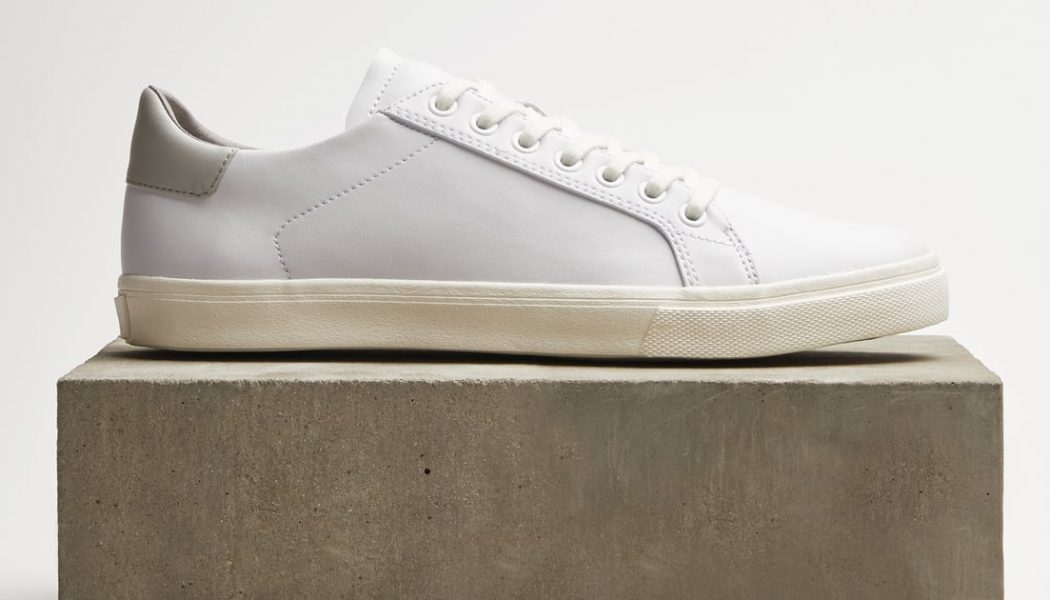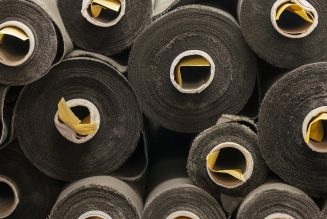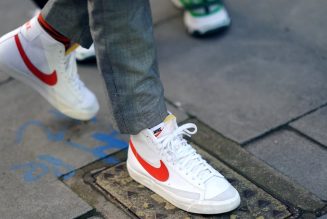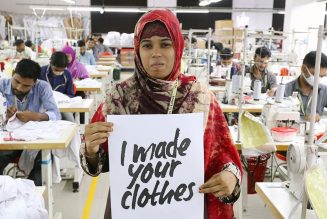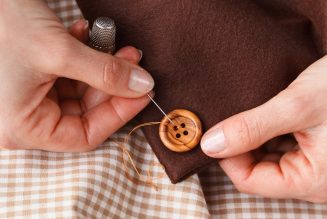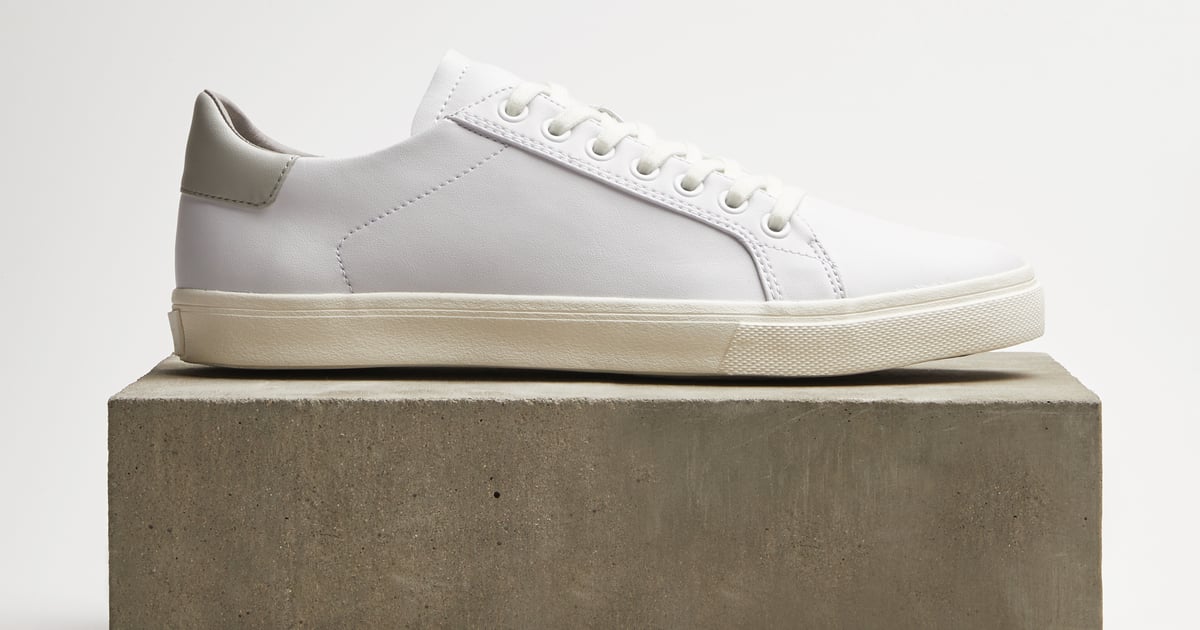
Sustainable sneakers and trainers have become increasingly popular as more and more people are considering their impact on the environment — especially when it comes to the products they buy. Sustainability has become a bit of a buzzword in the last year or two, and it can be hard to know if what you’re buying truly passes the test and has a positive impact on the environment. We spoke to a few experts at the forefront of the sustainable sneaker industry, and this is what they had to say.
Colin Vernon is the founder of Slow Factory Foundation, an educational institute and research lab specialising in climate and culture. A large part of the foundation’s research in this space centres around raw materials. “Most raw materials used in most footwear are extremely toxic and damaging to the Earth and its inhabitants. All fossil-fuel-based plastics come at an extremely high environmental cost, including synthetic rubbers, polyester, nylon, or other plastic-based fabrics for uppers and laces, not to mention the toxic glues that usually hold it all together. Plastic can be an incredible material, but the ways we extract and produce it and the scale at which these systems operate is simply more than the actual planet can sustain in the long term,” Vernon explained.
In terms of moving forward, Vernon believes that “anything a company can do to produce with less negative effects on planet and people is better than if they made no efforts. Environmentally speaking, the materials used are the biggest single factor in overall footprint. Generally, natural plant-based materials are less harmful overall than synthetic materials, but even then how materials are harvested and processed can make a big difference on overall impact.”
Three sneaker brands taking this message on board within their design and manufacturing process are Allbirds, Cariuma, and Elliott. Allbirds prioritises designing footwear that has the lowest carbon footprint possible — because for them, the single most important thing is reducing the amount of carbon emissions. “We think that carbon is the ultimate metric as this is the single most important lever to tackle climate change. Every decision we make is guided by how much carbon we can drive down as a company,” the brand explained.
Allbirds’s focus on sustainability begins at the raw material stage, as the brand believes that is where it has the biggest opportunity to make a positive impact, much like Slow Factory Foundation. “We’re on a mission to move away from petroleum-based synthetics, which the footwear industry largely relies on, and instead we look to nature for inspiration. That’s why we source renewable and natural materials such as merino wool, eucalyptus tree fibre, and sugar cane, that all have the potential to reduce our carbon footprint,” the brand stated.
For the Brazilian brand Cariuma, designing sustainably starts with prioritising the people behind the product. “Not just internally, but all people who work with and are part of Cariuma’s ecosystem. It’s our belief that sustainable practices begin with work conditions and a safe, healthy environment for every single person who works with us,” brand cofounder Fernando Porto told POPSUGAR. As well as the people involved in the process, the duration that the product lasts is hugely important. For Cariuma, “true sustainability stems from creating a longer-lasting product,” which is what leads the company to work with materials like natural rubber, organic cotton, and bamboo — a carbon-negative material.
Elliott, a company that prides itself on being the world’s first “climate positive” sneaker brand, believes that true sustainability requires going beyond achieving net-zero carbon emissions, and instead focuses on actively reversing the existing impact on climate change. “We create an actual environmental benefit by removing additional carbon dioxide from the atmosphere. With every pair of Elliott’s made, they reverse the carbon footprint with a climate-positive offset of one tonne of CO2,” the brand explained.
So when it comes to sustainable sneakers, there are three core aspects of their design and manufacture process that set them apart from regular sneakers: the type of raw materials and how long they last, the working conditions, and the ability to positively impact the environment. Keep reading to discover some of the best sustainable sneakers to shop today.
